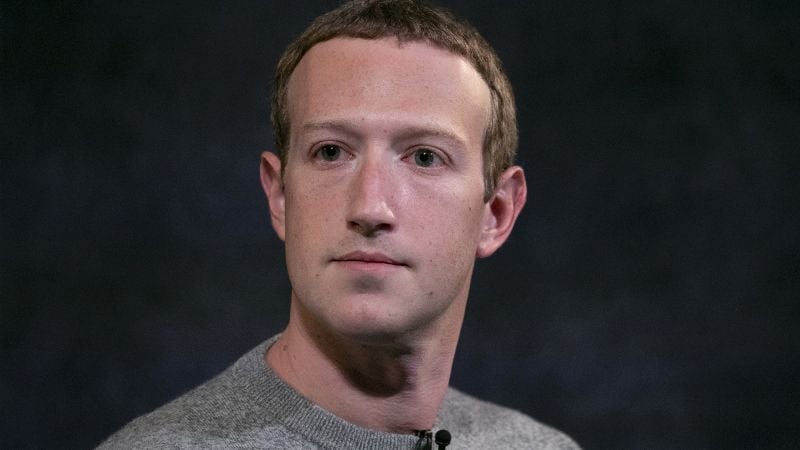Mark Zuckerberg personally rejected Meta’s proposals to improve teen mental health, court documents allege::Meta CEO Mark Zuckerberg has personally and repeatedly thwarted initiatives meant to improve the well-being of teens on Facebook and Instagram, at times directly overruling some of his most senior lieutenants, according to internal communications made public as part of an ongoing lawsuit against the company.



Meh. Other than shutting it down I don’t think there’s much Meta could do to help teens. The entire model of posting up your fake life online for everyone to see is bad, with or without beauty filters or notifications. Sounds like he objected to some empty initiatives that were more about PR than actually helping anyone.
You could change the experience in significant way by adjusting the algorithm of suggested posts.
How would you adjust it? The whole concept of ‘social networks’ is just posting your life for everyone to view and expecting some validation/confirmation. I don’t think algorithm can change that. There’s plenty of other platforms/tools already where you can… you know, do other things like read news, post comments anonymously, play games and stuff. People who post selfies on instagram specifically want to be judged by other people. I don’t think there’s a healthy way to do it.
deleted by creator
Worked fine in what sense? Teen weren’t getting getting depressed from watching perfect, fake lives posted by influencers? They weren’t bullied? I doubt it. I mean, you’re right, you can make social networks less toxic but in the end the entire concept is just silly, useless and harmful. The only way to win is not to play.
deleted by creator
I’m definitely old enough to remember it, I just never used it. But maybe you’re right. I remember the early youtube, before google took it over and yeah, it was very different. I’m just not sure if it turned in what it is today because evil corporations monetized it or because people are just stupid assholes. Probably little bit of column A, a little bit of column B.
Mostly column A imo
deleted by creator
I know about it but I don’t think a program aimed at teenagers would stop Myanmar genocide…
Easiest way to make it less toxic, is to make it just chronological - that’s just the most basic example.
A downvote button. Companies dread the downvote button!
I remember when I worked in tech years ago, about the time Facebook was formed, it was common to avoid things like this because they only become lose/lose for the company. Once you engage in a program to help people’s mental health or really anything vague and not part of your core business, you’re tying an anchor to yourself.
People start writing articles about your failings and petitioning changes, etc. Everyone becomes a critic of your methods, and then it becomes possible for every blogger to come up with a story of someone experiencing a mental health crisis using your product to blame you for whatever happens to them. Eventually, this thing you were convinced to implement out of a sense of communal good becomes the pitard you’re hoisted upon.
Better to just say “Not my business” and let people tut about your unwillingness to help for a news cycle than spend hundreds of thousands just to get bad press everytime the program fails or someone feels like writing a different critique for how they would manage the program.